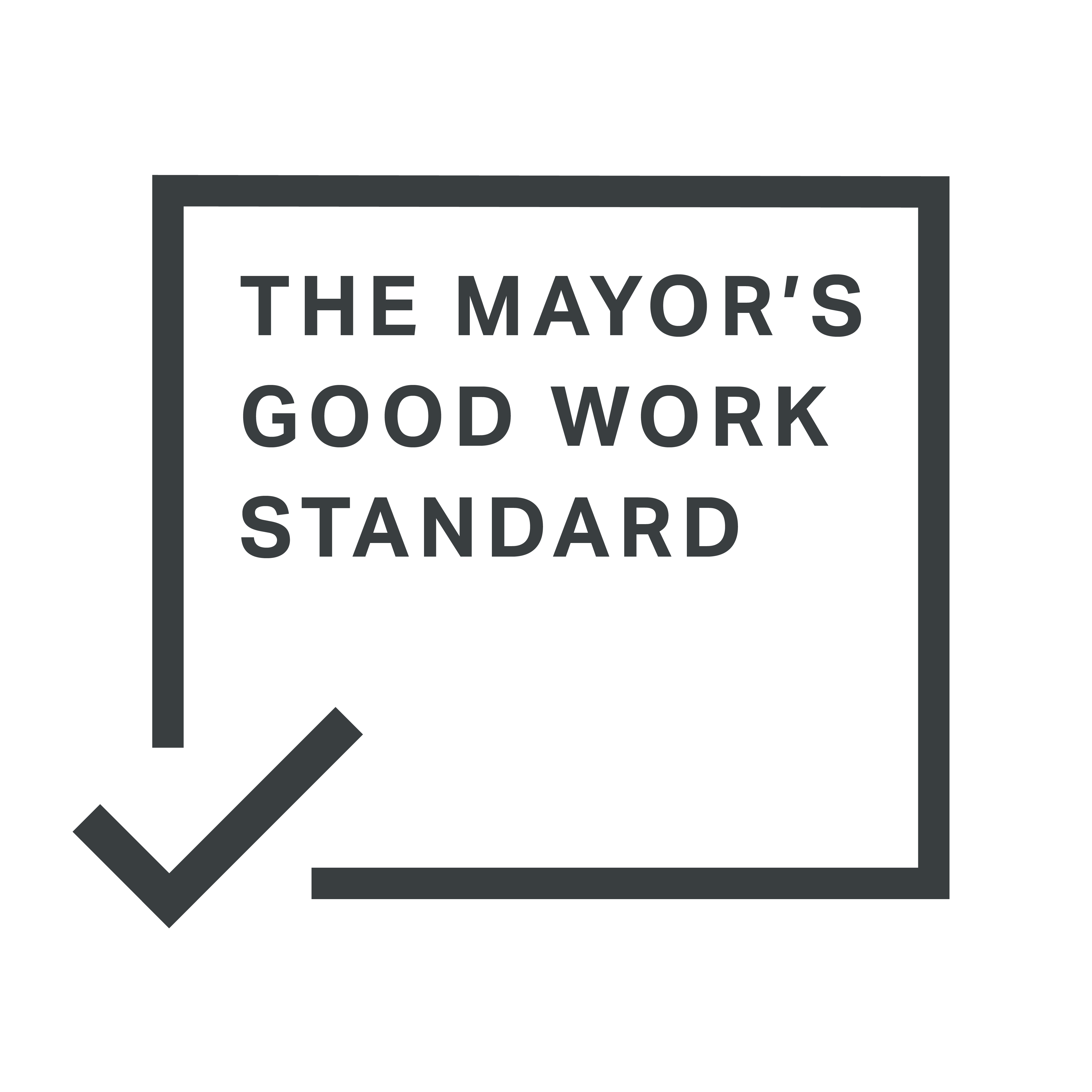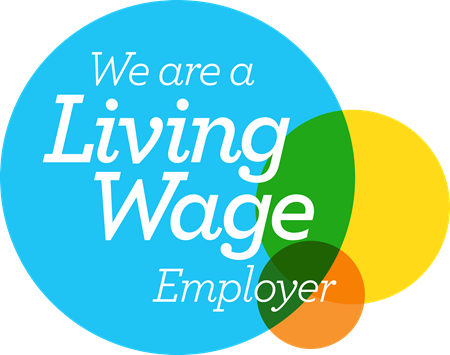Passengers have the right to expect a transport network that is fit for purpose and provides a reasonable level of service.
This page sets out the commitments made by operators, including the levels of service you should expect, claiming compensation, dealing with penalty fares and lost property.
There are various different rules and pieces of legislation setting out passengers’ rights. These can be very confusing, and this page will help you navigate the rules and regulations to ensure you have the best travelling experience possible and to assist you if you have any problems on your journey.
The best advice is to always check fares and route before travelling to avoid difficulties and ensure you know exactly the compensation to which you are entitled.
There are several ways you can purchase a ticket:
- Station ticket offices
- Ticket vending machines
- Various websites
- Telephone
- Oyster cards can be topped up at ticket agents and some newsagents for use within London zones
- Within the London zones you can use your contactless payment card
Your basic rights
When you purchase a ticket, validate an Oyster card or touch a contactless payment card to travel on a train or TfL service, you enter into an agreement with them. The agreement gives you the right to make the journey (or journeys) between the stations or within the zones shown on the ticket. National Rail Conditions of Travel and TfL Conditions of Carriage (which cover Oyster, buses, Underground, DLR, Tramlink and Dial-a-Ride) apply to any domestic journeys and set out your rights and any restrictions. They also set out the minimum level of service you should expect.
However, all individual train companies and some TfL services have separate Passenger Charters which exceed Conditions of Travel and which you should always check before you claim.




